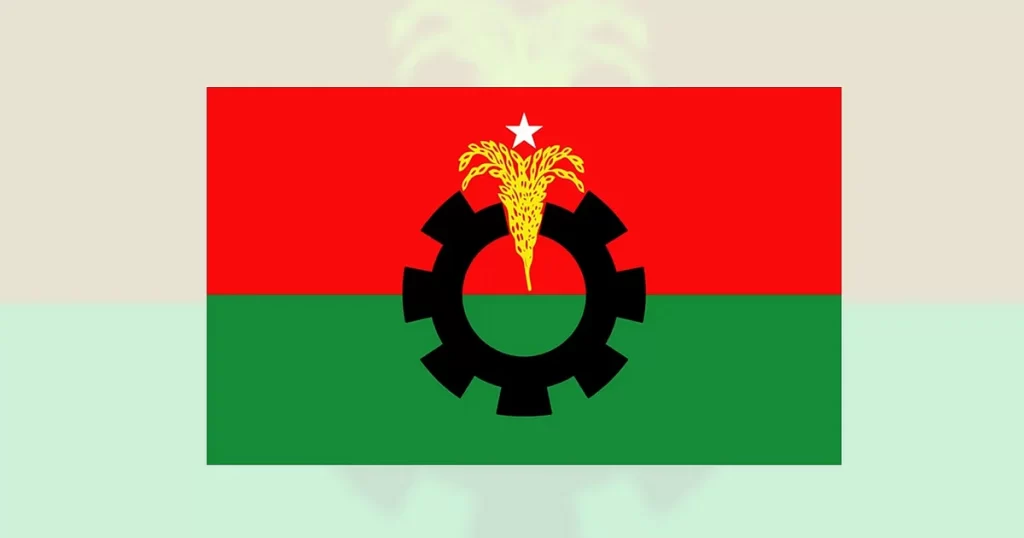The proclamation should be based on a consensus among the parties which were involved in the anti-fascist movement, he insisted.
The BNP, however, has a different opinion regarding the “proclamation of the July uprising”. They do not consider the movement in July as a “revolution”. They consider it an “uprising”. So there could be a “declaration”, not a “proclamation” of the mass uprising, BNP leaders believe.
A “proclamation” is supposed to cancel the constitution. Then the constitution is suspended by a military decree or proclamation. Under that proclamation, the chief martial law administrator or the president can amend, change, modify, add and delete any section or part of the section. The constitution is no longer in effect after that. So is the constitutional obligation.
The BNP believes there was a mass uprising of students and people in July and August. Following that, an interim government was formed on the basis of a national consensus. This government was sworn in as per the constitution. So there is no scope to declare a “proclamation of the revolution” some five months after the oath.
Bangladesh Jamaat-e-Islami has taken a cautious stance in this regard. Speaking to Prothom Alo last Monday, central Jamaat leader and secretary of the party’s publicity wing Matiur Rahman Akanda told Prothom Alo that they appreciated the initiative taken by the students from a perspective of freedom of speech.

